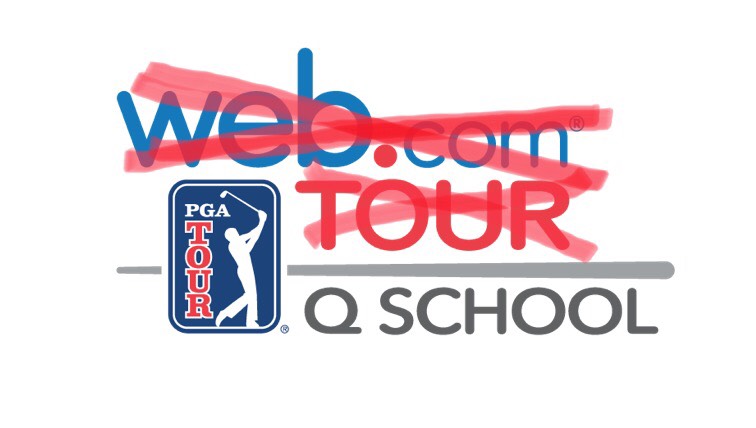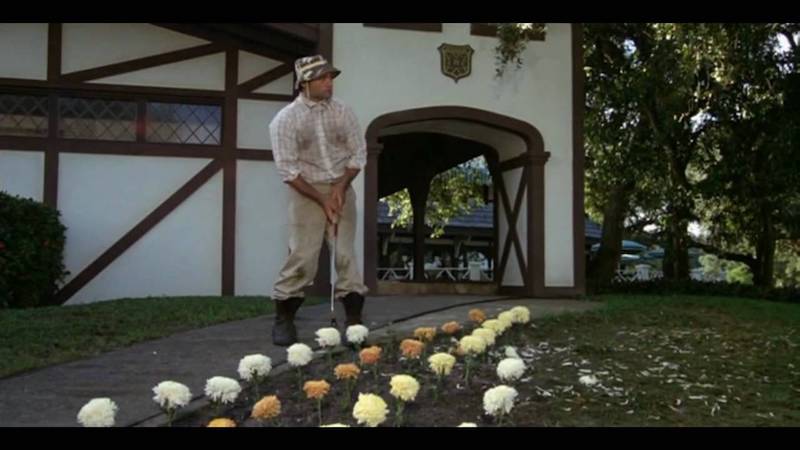As the 2019 season is officially underway (ok, the Whacky Season in the Fall is the start, but Jan. 1 still feels like the start to me), I’m reminded at how much I miss the old PGA Tour Q-School model. In 2013, a new Q-School system was put in place that only granted playing privileges on the Web.com Tour and you had to find your way onto the PGA in different ways. I miss the old Q-School drama. There was nothing better than some no-names tearing up the grueling Q-School to sneak into the biggest tournaments with the biggest names. Or players that got bumped from full status during the Whacky Season or FedEx playoffs making a charge to get their status back. Now the PGA Tour is even more of a pipe dream.
If I sound like an old curmudgeon yelling at the Moon, I apologize. I’m well aware that this is who I am. But I found it interesting to see some elder-statesmen of golf sharing similar opinions. Golfweek recently published an article capturing some veterans’ perspectives on the good ole days of Q-School. If you’re a golf nerd, it’s worth the quick read. Also, Golfweek explains the aura of PGA Tour Q-School better than I did.
Not all players believe it’s the end of the world. Paul Goydos points out this fact:
“The argument is we took away access,” Paul Goydos said. “That’s true and not true. The first year there wasn’t going to be a Q-School there was a player who started the year with zero status on any Tour and he made the Presidents Cup team!”
He’s referring to Jordan Spieth, who rode sponsor exemptions and exceptional play to secure his status. Jon Rahm did the same two years ago, becoming only the ninth player in Tour history to earn a card right out of college without going to Q-School.
That’s an interesting quote, but there’s also supporting evidence for why the Q-School change made sense. That said, it doesn’t mean something wasn’t lost along the way.
Discontinuing Q-School was a purely commercial decision intended to preserve the viability of the Web.com Tour. It was a defensible call by Tour HQ, but that doesn’t mean something wasn’t lost along the way when reams of data replaced 108 holes of drama.
“They came up with evidence that people who got their cards after playing a year on the Web.com did better keeping their cards than those who went through a one-time shot at Q-School,” Faxon said. “But it ended Cinderella stories.”
I think Brad Faxon perfectly conveys my feelings on this. Truth be told, the new model is probably much better, but I miss the dramatic stories that resulted in huge come ups for some guy you’ve never heard of.

















